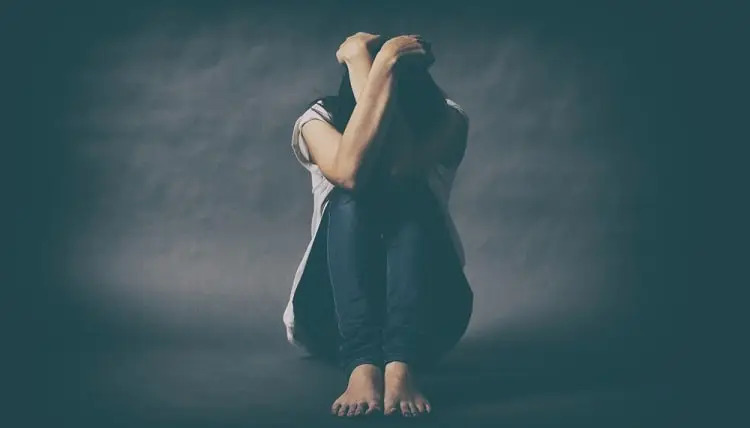Introduction
Now a day, Depression getting Common, especially among the young generation. It is a mental health condition that affects millions of people worldwide. It can be a lonely and isolating experience, leaving many individuals feeling helpless and alone in their struggles.
If you or your loved one feeling the same and want to know & understand the symptoms, causes, and types of depression then this blog is for you.
Symptoms of Depression
Depression is a very complex mental health condition their cause in a variety of ways, and its symptoms can range from mild to severe. So, let's see some common symptoms of depression which may include:
1. Persistent sadness or feelings of emptiness
2. Loss of interest in doing things that you used to enjoy.
3. Fatigue or lack of energy
4. Changes in appetite or weight, either loss or gain.
5. Disturbances in sleep routine, such as insomnia or oversleeping
6. Irritability, restlessness, or agitation
7. Difficulty concentrating or making decisions
8. Feelings of worthlessness or guilt
9. Recurrent thoughts of death or suicide
10. physical symptoms such as headaches, stomach problems, or chronic pain.
It is important to understand that everyone not experiences depression in the same way, and their symptoms may vary from person to person.
Additionally, experiencing some of these symptoms does not necessarily mean that a person is depressed. Proper treatment by a trained mental health professional can help.
But, it’s important to differentiate between normal sadness and depression. Sadness can be a natural response to a particular life event, usually, the person knows the reason why he/she feels sad. On the contrary, depression is a persistent mood disorder that affects one's ability to function.
Causes of Depression
As we have already mentioned that the symptoms vary from person to person, and so do the causes. But, we can categorize the causes of depression as 3 factors, which are;
1. Biological factors, such as genetic predisposition, changes in brain chemistry, and hormonal imbalances, can contribute to depression.
2. Psychological factors, such as negative thinking patterns, low self-esteem, and unresolved trauma, can also be a reason.
3. Social and environmental factors, such as stressful life events, social isolation, and financial difficulties, can also contribute to depression.
It's essential to understand that depression is often caused by different factors. Spending too much time on social media and overthinking are the major causes of depression.
Types of Depression
We have covered the causes and symptoms of Depression. Now, let's understand the types of Depression. There are several types of depression, each with its own specific symptoms and treatment. Some common types of depression include:
1. Major depressive disorder: A relentless feeling of sadness or a lack of interest in activities that you used to enjoy doing. Along with other symptoms that interfere with daily life.
2. Persistent depressive disorder: This type of depression is a milder form of depression that lasts for two years or longer.
3. Bipolar disorder: In simple terms, Bipolar disorder is a mood disorder that involves alternating periods of mania (elevated mood) and depression.
4. Seasonal affective disorder: It is a type of depression that occurs during a particular season.
5. Psychotic depression: It is a severe form of depression that involves hallucinations or delusions. A person who has Delusions has false beliefs that are not based on reality, while a person having hallucinations are false perceptions that can involve any of the senses.
6. Postpartum depression: A type of depression that occurs after childbirth. It is a serious mental health condition that can affect new mothers.
Conclusion
Depression is a common and serious condition that affects millions of people worldwide. Understanding its symptoms, causes, and types is crucial in seeking effective treatment. It's important to seek professional help if you or your know is experiencing symptoms of depression. Increased awareness and understanding of depression can help to reduce mental illness and promote better mental health for all.
If you or someone you know is struggling with depression, it's important to seek help from a mental health professional. Get expert care and support for those experiencing depression or other mental health concerns. Don't hesitate to reach out for help - contact a psychiatrist in Lucknow today to start your journey toward better mental health.

